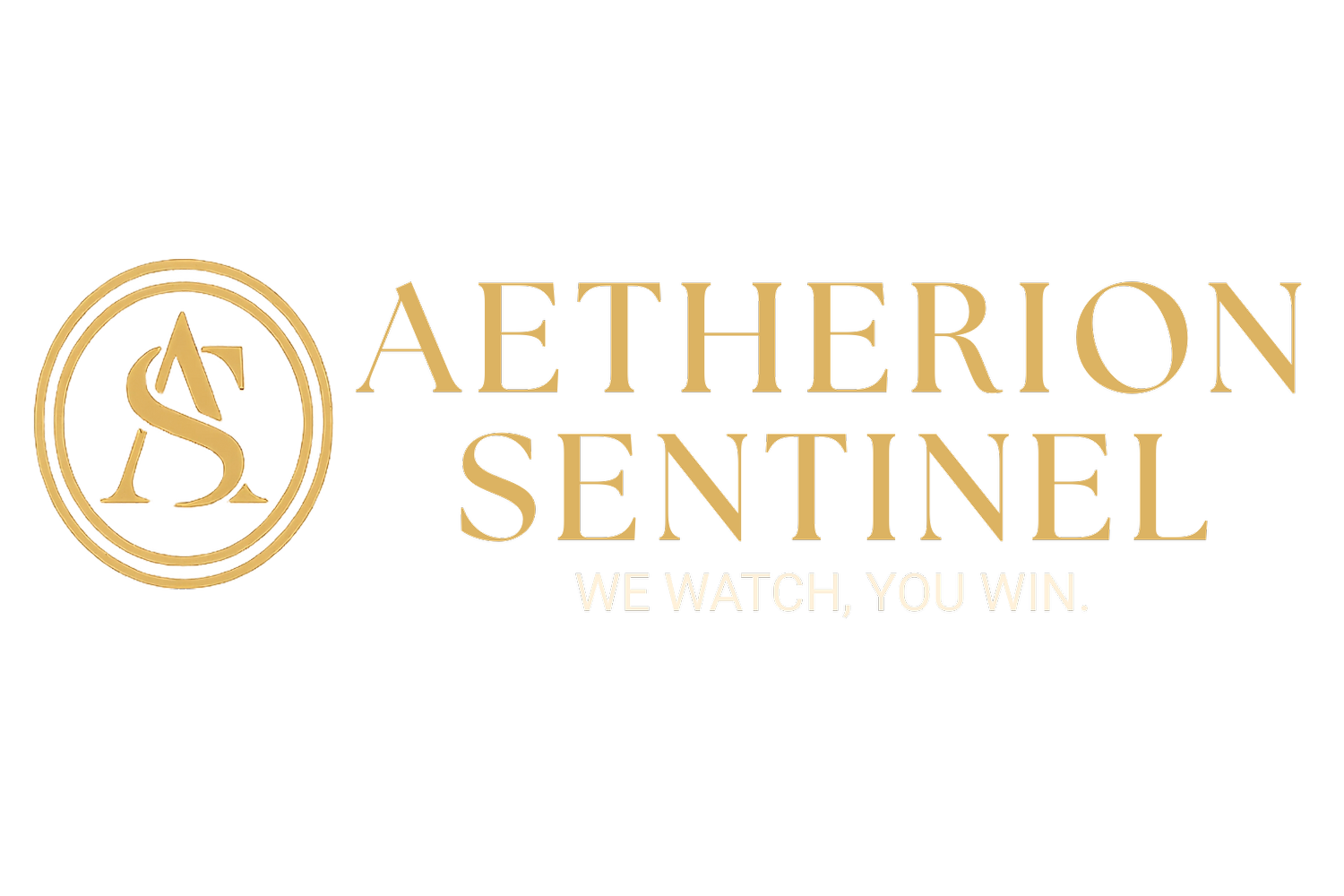Anticipate, Don’t React: Building Resilient Strategy in Volatile Environments
Introduction: The Problem with Reaction
In today’s volatile world, disruption isn’t a possibility , it’s a certainty. Supply chains falter, political tensions flare, and economic shocks ripple across industries. Yet, most companies only respond after the crisis has already struck.
For SMEs operating in fragile markets, the cost of reaction is steep:
Lost contracts and strained partnerships
Scrambled supply chains
Damaged reputation and trust
Reaction is expensive, chaotic, and often too late. The smarter path is anticipation.
The Difference Between Reaction and Anticipation
Reaction: Always Behind the Curve
When disruption strikes unexpectedly, businesses scramble. Operations stall, leaders default to crisis mode, and costs spiral. By the time a response is in motion, the damage is already done.
Anticipation: Staying One Step Ahead
Anticipation flips the script. Instead of reacting, leaders act early:
Redirect assets before disruption hits
Adjust strategies in real time
Preserve reputation and market confidence
The difference between the two isn’t just resilience, it’s competitive advantage.
Why SMEs Can’t Afford to React Too Late
Large corporations can sometimes absorb shocks. SMEs, however, often operate with tighter margins, leaner teams, and less buffer for disruption.
A single missed warning can cascade into:
Weeks of supply chain delays
Financial losses from missed opportunities
Permanent reputational damage
The reality is that SMEs need intelligence-driven foresight more than anyone else.
Building Anticipation Into Strategy
So, how can businesses shift from reaction to anticipation? It comes down to intelligence.
1. Watchlist Monitoring
Track emerging risks across regions and industries. This ensures leaders aren’t blindsided by developments that others miss.
2. Flagship & Bespoke Intelligence Reports
Beyond raw data, reports provide clear foresight: what’s happening, why it matters, and how it impacts your operations.
3. Executive Briefings
Concise, tailored updates designed for leaders who need actionable clarity, not noise.
What Firms Don’t Know
Crises don’t just test resilience, they reveal who saw it coming.
The companies that anticipate disruption emerge stronger, more trusted, and positioned to seize opportunity while competitors are still scrambling.
How Aetherion Sentinel Helps
At Aetherion Sentinel, we transform uncertainty into foresight. Our hybrid model, blending human expertise with AI-enhanced intelligence, delivers:
Real-time visibility on geopolitical, economic, and operational risks
Concise, actionable insights tailored for SME decision-makers
Strategic guidance that turns volatility into opportunity
We don’t just track events. We predict their impact.
Conclusion: Anticipation is Dominance
Reaction is survival.
Anticipation is dominance.
In a world defined by volatility, the ability to foresee threats and adjust before they materialize is the ultimate edge. SMEs don’t just need intelligence, they need intelligence that empowers them to act first.
We Watch. You Win.
Is your company still reacting to crises? Or are you ready to anticipate and command them?
Connect with us today to discover how Aetherion Sentinel can safeguard your operations and sharpen your decision-making edge.

